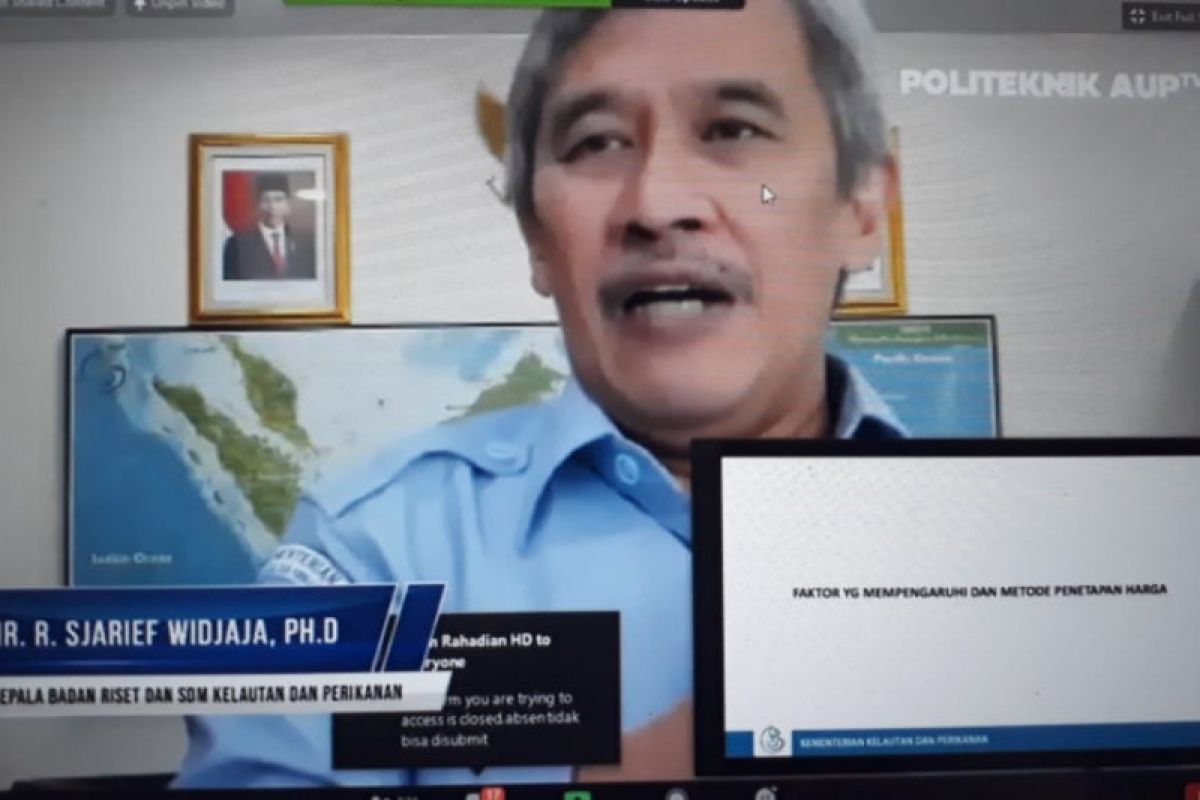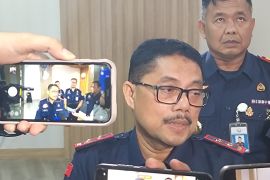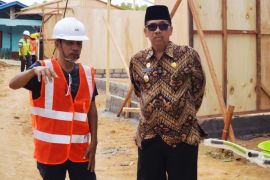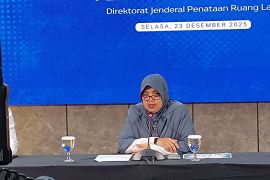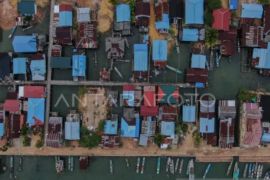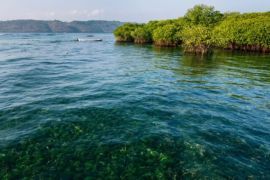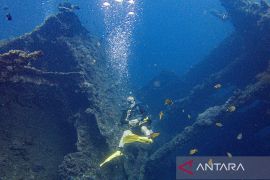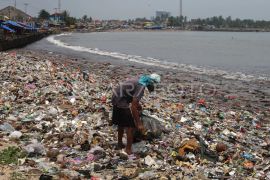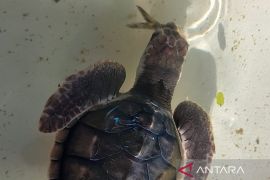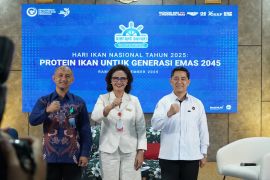"On this basis, from 2017 to 2022, the BRSDM (Research and Human Resources Agency) of KKP has collaborated with JICA for research and conservation of seagrass and mangrove resources, which are carbon sink ecosystems," Head of BRSDM Sjarief Widjaja noted in a statement at Jakarta, Friday.
Widjaja stressed on the significance of this collaboration to support various policies in Indonesia pertaining to the management of coastal and marine ecosystems, including contributing to low-carbon development planning coordinated by the Ministry of National Development Planning/Bappenas.
Furthermore, the BRSDM head stated that this cooperation is expected to yield various results, including the development of a blue carbon laboratory located at the Fishery Technology Installation, Pasar Minggu, Jakarta.
The others comprise comprehensive and innovative scientific publications on blue carbon ecosystems, trained human resources through training and doctoral studies in the field of blue carbon, creation of science-based policies regarding conservation, socio-economic and climate change aspects, and a Blue Carbon Strategy to support sustainable development of seagrass beds.
Widjaja opined that this strategy will be accomplished through the integration of research in the fields of geochemistry, ecology, geomatics, modeling, and socio-economics to determine the dynamics of blue carbon in the upstream-downstream system.
Furthermore, the BRSDM head noted that ecosystem services quantification studies were also conducted to determine the sustainable utilization of coastal ecosystems.
"This meeting is designed as a continuation of the third meeting last year aimed at boosting research capacity, monitoring coastal ecosystems, and fostering research partnerships between institutions in Indonesia," he expounded.
Technically, the activity components in this collaboration constitute quantification of the carbon storage capacity of mangroves and seagrass to strengthen Indonesia's climate change sector, quantification and valuation of ecosystem services utilized by the community as well as quantification of the dynamics of coastal ecosystems and their ecosystem services, and factors that influence changes from upstream to downstream.
Related news: Pollution, environmental damage pose threat to coastal, ocean ecosystems
Related news: Indonesian environmental damage affects gross domestic product
EDITED BY INE
Translator: M Razi, Azis Kurmala
Editor: Suharto
Copyright © ANTARA 2021
